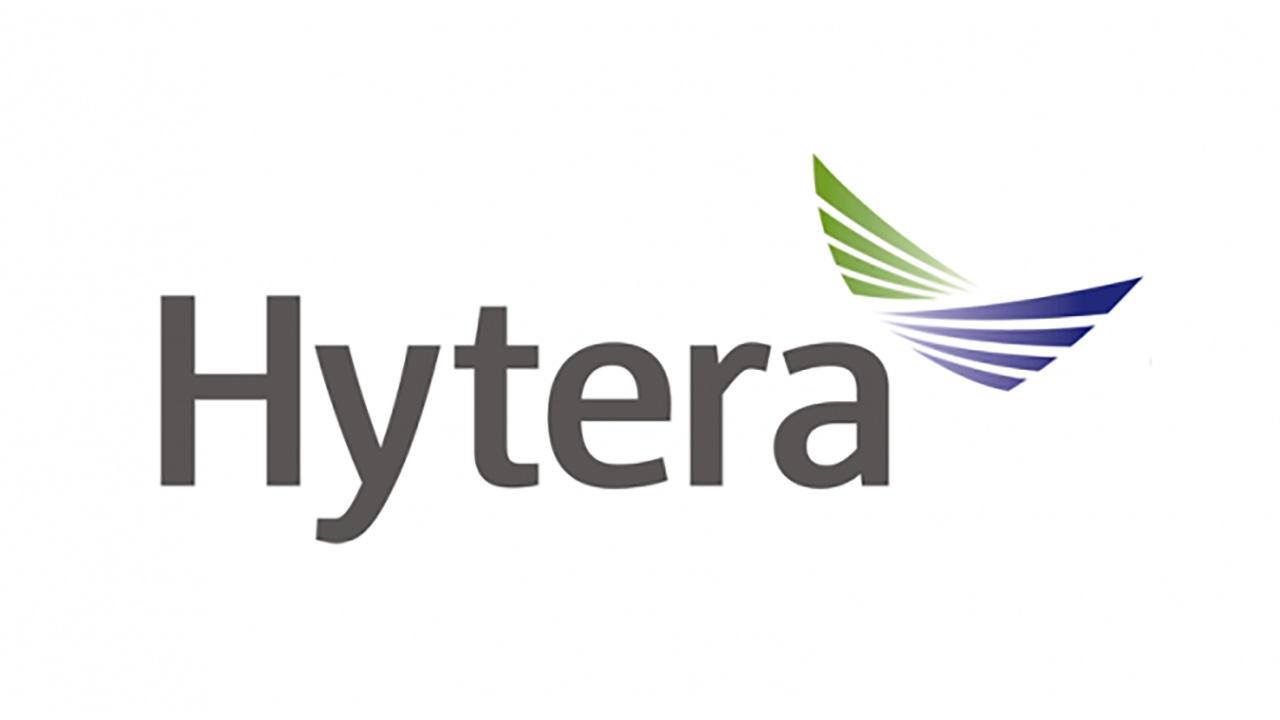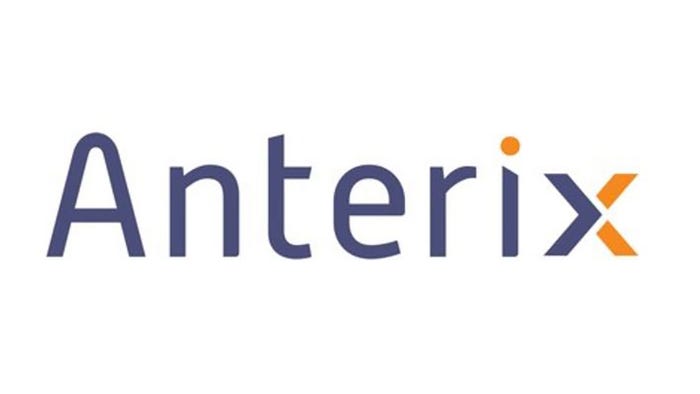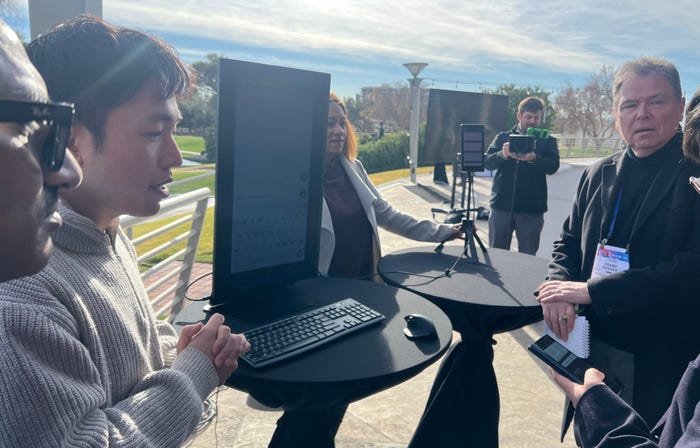Hytera fails to make royalty payment, seeks to give stock shares to Motorola SolutionsHytera fails to make royalty payment, seeks to give stock shares to Motorola Solutions

Hytera Communications did not make its scheduled lump-sum cash payment reflecting the royalty fees it owes Motorola Solutions, and the China-based LMR vendor asked a federal judge to let it submit company stock shares instead, according to heavily-redacted legal brief that was posted today.
“Hytera respectfully submits that the court modify or stay the court’s royalty order to permit that shares of stock be placed into escrow in lieu of cash,” the Hytera legal brief states, which also requested a stay of the order requiring that Hytera to make the initial lump-sum royalty payment by yesterday, July 31.
A footnote in the Hytera Communications filing today noted that the China-based company made the request only after missing the deadline for making the royalty payment.
“Hytera recognizes that this motion is being filed shortly after the royalty payment was due into escrow,” the filing states. “Hytera nevertheless had sought to exhaust different resources before seeking any relief from the court.”
Based on an order from U.S. Federal District Court Judge Charles Norgle, Hytera would not pay the royalty fees directly to Motorola Solutions; instead, the money it would be deposited into an escrow account and given to Motorola Solutions after all appeals in the case are exhausted.
On July 21, Hytera Communications was supposed to provide the amount of royalty fees it owed Motorola Solutions for sales of certain DMR products sold during the past three years that utilize trade secrets or copyrighted software that was stolen from Motorola Solutions more than a decade ago, according to a recent court ruling.
In today’s legal filing, Hytera described the calculated amount of this first royalty payment as “substantial,” but previous legal documents projected that the total would be at least $45 million. However, the actual figure has not been made public, although the royalty figures likely is included as part of the considerable text that is redacted from the publicly available version of today’s legal filing from Hytera.
Also presumably redacted is Hytera Communications’ explanation why it did not make the royalty payment in cash into the designated escrow account for Motorola Solutions. However, after determining that a cash payment was not an option, “Hytera then looked for alternative security as a possible means of complying with the court’s escrow order,” according to the Hytera filing, which proposes that its company stock be placed in escrow instead.
Hytera Communications’ attorneys note that such an arrangement is not unprecedented.
“Courts routinely approve deposits of stock certificates as security for judicial debts in lieu of cash or cash equivalents, particularly where the defendant’s ‘precarious financial situation’ prevents it from acquiring the required cash,” according to the Hytera filing.
Citing a 2001 case, the Hytera filing notes that “the court allowed a pledge of stock as alternative security after the defendant submitted evidence that it had tried unsuccessfully to obtain a bond, its primarily refused to issue a letter of credit, and its financial records otherwise indicated that the cost of the supersedeas bond ‘could well lead to [the defendant’s] demise.’”
Given the significant redactions in today’s filing, it is unclear whether Hytera Communications is claiming that it is in a “precarious financial situation” or whether paying the cost of a supersedeas bond in this instance “could well lead to [Hytera Communications’] demise”—the conditions cited by Hytera’s lawyers in the brief.
Motorola Solutions attorneys repeatedly have filed briefs claiming that they do not believe Hytera will make its required royalty payments. If Hytera is determined to have any “underpayments” of the royalty fees, the China-based LMR company will have to pay a surcharge penalty that is staggered, based on the percentage of the underpayment, according to Norgle’s order.
For example, if Hytera underpays by 5-10% of the due amount, Hytera would pay an additional surcharge of 10% of the underpayment, the order states. The surcharge percentage increases as the underpayment percentage increase on a staggered basis, with Hytera paying a 100% additional surcharge on any underpayment that exceeds 50%.
Motorola Solutions expressed support for Norgle’s order in a statement provided to IWCE’s Urgent Communications.
To date, Hytera also has made no payments toward the adjusted $543.7 million judgment against the China-based firm from March 2020, when Norgle supported the unanimous findings of a jury at the conclusion of a four-month trial conducted in Chicago. Hytera also has refused to secure a bond associated with the judgment—a fact that Motorola Solutions lawyers have noted repeatedly in filings.
However, Hytera’s refusal to make its initial royalty payment is the most tangible evidence to date of the Motorola Solutions claim that Hytera Communications does not intend to pay the financial penalties associated with the case.
Hytera Communications’ lack of payments in this case could have significant legal implications on the company’s future sales of the DMR products cited in the Motorola Solutions lawsuit that originally was filed in March 2017, if an appeals court interprets Hytera’s inaction as Norgle has recently.
Motorola Solutions that Norgle reconsider issuing a permanent injunction against Hytera that would have prevented the China-based LMR firm from selling specific DMR products that use the Motorola trade secrets and copyrighted software.
Norgle had denied a similar permanent-injunction request in December 2020, when Norgle determined that the only reason not to issue a permanent injunction was that Hytera already was being punished by being required to pay monetary damages in the case. With Hytera indicating that it will not pay financial damages, Norgle stated that he believes a permanent injunction would be appropriate.
“Now, says Motorola, Hytera has made it abundantly clear since the court’s order that it does not intend to pay the judgment against it. Indeed, says, Motorola, Hytera claims it has no ability to pay,” Norgle’s ruling states. “Therefore, given that Motorola allegedly cannot be compensated with money, it has been irreparably harmed, and the court should issue a permanent injunction.”
Despite this stance, Norgle’s ruling indicates that he does not believe he has the power to make such a ruling, because Motorola Solutions already has cross-appealed his previous permanent-injunction ruling to the Seventh Circuit Court of Appeals.
“The court lacks jurisdiction to grant the motion,” Norgle’s ruling states.
“Motorola argued that Hytera’s cited appeal was premature, because the court had yet to finalize the issue of a reasonable royalty, and that the appeal … was dismissed for that very reason. However, a subsequent appeal and cross-appeal were filed last month, after the court determined the amount of the reasonable royalty. The court therefore finds that it lacks jurisdiction to grant the relief Motorola seeks.”
In a March 2020 judgment, Norgle affirmed a unanimous jury finding that Hytera should pay $764.6 million for its use of DMR trade secrets and copyrighted software developed by Motorola. Norgle reduced this initial award amount to $543.7 million in January, noting that collecting $220.9 million of the original ruling “would constitute a double recovery.”
But these damages only addressed Hytera sales of certain DMR products—those that used the stolen trade secrets and copyrighted software developed by Motorola—through June 30, 2019. Hytera has continued to sell these “covered products” even after this date, and the royalty payments established by Norgle are designed to compensate Motorola Solutions for Hytera sales of these products beginning on July 1, 2019.
Norgle’s order stipulates that Hytera’s first escrow payment will be due on July 31, when the China-based LMR firm is required to make a lump-sum payment of all royalties for the three-year period from July 1, 2019, to June 30, 2022.
In legal filings, Hytera has indicated that it may be unable to pay, noting that the company’s finances have been strained further by the fact that the U.S. Department of Justice (DoJ) in February indicted the China-based LMR firm of criminal conspiracy to steal DMR trade secrets from Motorola (before the company was renamed Motorola Solutions). This 21-count indictment against Hytera Communications was followed in April by the identification of seven individuals who participated in the alleged criminal conspiracy.
Both the civil and criminal cases against Hytera center around allegations that Hytera developed much of its successful DMR product line using trade secrets and copyrighted software that was stolen from Motorola Solutions about 14 years ago.
During the federal-court trial that began in November 2019, Hytera attorneys acknowledged that three former Motorola (the company had not yet changed its name to Motorola Solutions at the time) employees—Samuel Chia, Y.T. Kok and G.S. Kok—accessed more than 7,000 Motorola documents prior to each of them leaving and joining Hytera shortly in 2008. However, Hytera attorneys described the three engineers as “bad apples” who did not share with anyone else at Hytera that the DMR trade secrets and software were taken from Motorola.
All three of the former Motorola employees that were hired by Hytera invoked the Fifth Amendment when interviewed as part of the civil-suit proceedings. The DoJ indictment notes that there are individual defendants charged in the Hytera criminal conspiracy case, but all of those names were redacted from the publicly available version of the indictment.





